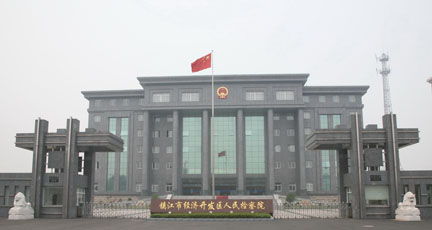Command Post
The term "Command Post" refers to a designated location or facility from which operations, activities, or missions are directed and controlled. It serves as a central hub for decision-making, coordination, and communication, often used in military, emergency response, or organizational contexts. Below, we explore the meaning and significance of a command post in greater detail.
Definition and Purpose
A command post is typically a physical or virtual space where leaders, commanders, or managers oversee and manage operations. Its primary purpose is to provide a centralized point for gathering information, issuing orders, and ensuring that all involved parties are aligned toward a common goal. In military settings, for example, a command post might be a tent, vehicle, or building where strategic decisions are made during a mission or battle.
Historical Context
The concept of a command post has roots in military history, where it evolved as warfare became more complex. During World War I and II, command posts were critical for coordinating large-scale troop movements and artillery strikes. Today, the term has expanded beyond the military to include uses in disaster management, law enforcement, and even corporate project management, where a "command post" might refer to a control room or headquarters.
Modern Applications
In contemporary settings, a command post can take many forms. For instance, during natural disasters like hurricanes or earthquakes, emergency response teams establish command posts to direct rescue efforts, distribute resources, and communicate with government agencies. In technology-driven environments, a command post might be a digital platform or control center monitoring cybersecurity operations or large-scale events.
Key Features
A command post is characterized by several essential elements:
- Communication Systems: Tools like radios, phones, or software to relay information quickly and efficiently.
- Leadership Presence: Senior personnel or decision-makers who oversee operations.
- Information Hub: Access to real-time data, maps, or reports to inform decisions.
- Flexibility: The ability to adapt to changing circumstances, whether on a battlefield or during a crisis.
In summary, a "Command Post" is a vital concept that represents control, coordination, and leadership in high-stakes situations. Whether in a military operation, emergency response, or complex project, it ensures that efforts are organized and effective, making it a cornerstone of operational success.
